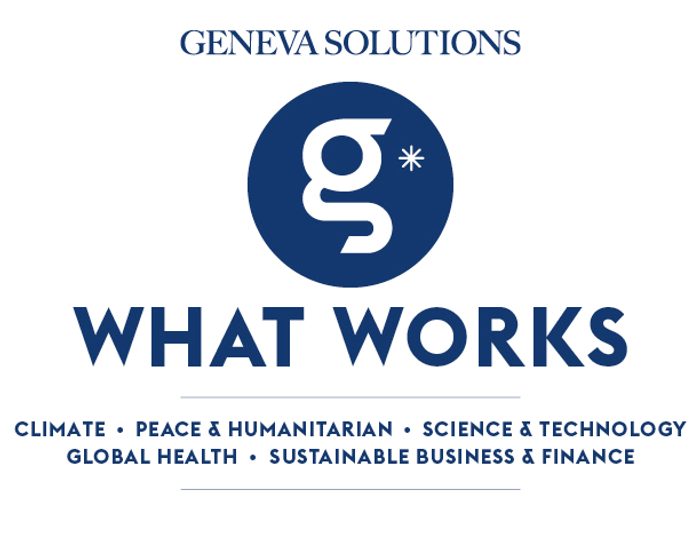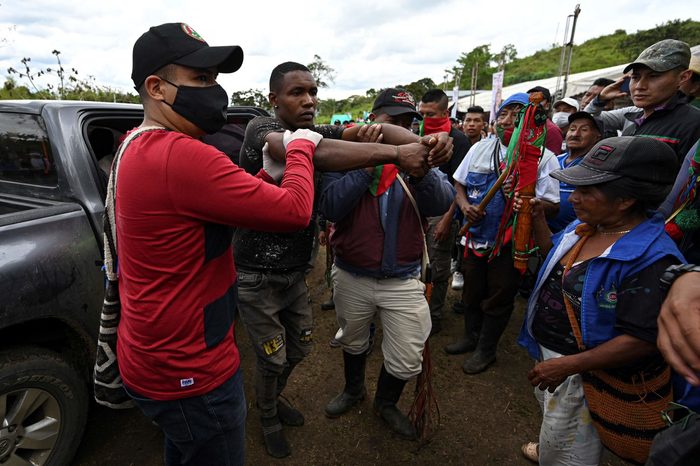|
Amid the rise of violence from private criminal groups, humanitarians are having to adapt their modus operandi in affected areas to respond to needs. Academics are also having their say on how gangs and cartels should be regarded.
Responsible for an estimated $9 trillion in earnings annually, organised crime also weighs heavily in terms of its humanitarian footprint, often generating hunger, poverty and displacement in already vulnerable communities.
“The humanitarian consequences of criminal violence can be as tragic and unacceptable as in major armed conflicts,” Gilles Carbonnier, vice-president of the International Committee of the Red Cross (ICRC), said during a recent panel organised by the International Review of the Red Cross, entitled Addressing the Humanitarian Costs of Organised Crime.
In countries such as Haiti, children miss school, and people in need of medical care are unable to access health services as frontlines between gangs limit movement by residents trapped within neighbourhoods. Throughout the region, hundreds of thousands are forced to flee the violence, sometimes through long, dangerous routes controlled by gangs, such as in the Darién Gap bridging Colombia to Central America, and in Mexico. Elsewhere, such as in the Chocó region of Colombia, communities are subjected to forced confinement by criminal groups.
Read the full story on Geneva Solutions
|








